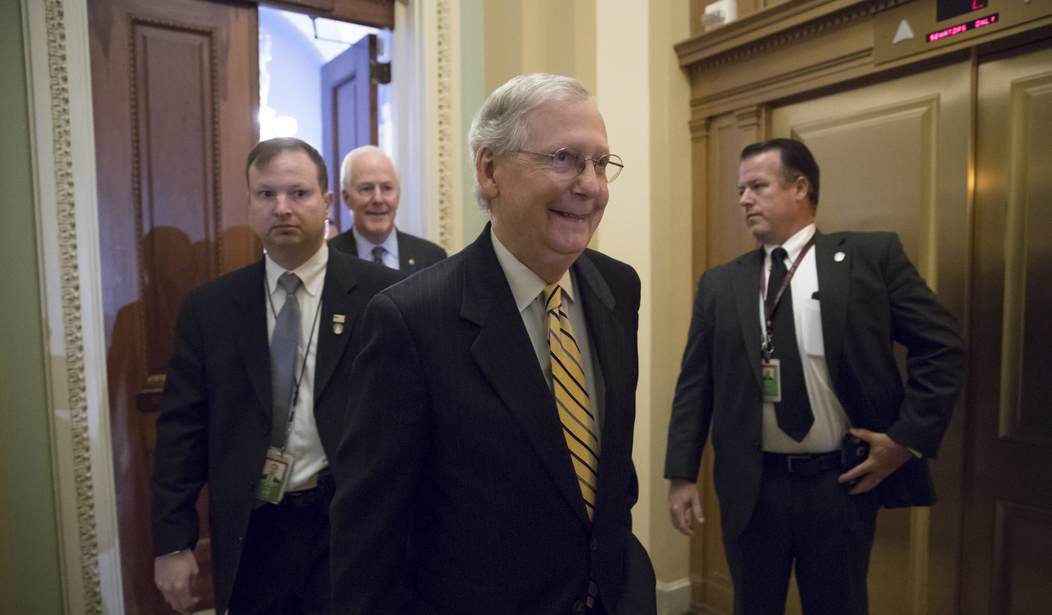The federal deficit for fiscal year 2019, which ended on October 1, hit $984.4 billion — 26 percent higher than last year.
OK… you can all go back to sleep.
The year-over-year widening in the deficit reflected such factors as revenue lost from the 2017 Trump tax cut and a budget deal that added billions in spending for military and domestic programs.
Forecasts by the Trump administration and the Congressional Budget Office project that the deficit will top $1 trillion in the 2020 budget year, which began Oct. 1. And the CBO estimates that the deficit will stay above $1 trillion over the next decade.
This is not a big deal. Why? Because no one thinks it’s a big deal. Perception and reality have collided so that even though a trillion-dollar deficit for the next 10 years should freeze our blood, it doesn’t. The perception in Washington is that the spending party can keep going because no one talks about the deficit, precious few people think about it, and definitely, no one wants to do anything about it.
Fiscal hawks have long warned of the economic dangers of running big government deficits. Yet the apocalypse they fear never seems to happen, and the government just keeps on spending.
You get that? Just because Armageddon hasn’t descended on the world, everything is A-OK. The Federal Reserve continues to print whatever money Congress wants to spend — until they can’t. A credit cataclysm is coming that some economists believe will make 2007 look like a church picnic. What happens then? Best not to think about it. Go back to sleep.
There have been numerous attempts by presidents after Reagan to control spending. President George H.W. Bush actually agreed to a tax increase to control deficits when he was in office, breaking his “Read my lips” pledge not to raise taxes.
And a standoff between President Bill Clinton and House Speaker Newt Gingrich did produce a rare string of four years of budget surpluses from 1998 through 2001. In fact, the budget picture was so bright when George W. Bush took office in 2001 that the Congressional Budget Office projected that the government would run surpluses of $5.6 trillion over the next decade.
The Fed has also kept interest rates in negative or near negative territory. Everyone says that’s unnatural, unprecedented, dangerous. But those thoughts are bad for our mental health, so ignore them.
In case a stray worry enters your little head, there’s always the science of economics to come to our rescue.
There is even a new school of economic theory known as the “modern monetary theory.” It argues that such major economies as the United States and Japan don’t need to worry about running deficits because their central banks can print as much money as they need.
Yet this remains a distinctly minority view among economists. Most still believe that while the huge deficits are not an immediate threat, at some point they will become a big problem. They will crowd out borrowing by consumers and businesses and elevate interest rates to levels that ignite a recession.
Finger-pointing is ludicrous. Both parties have conspired to ignore the problem. So even though trillion-dollar deficits for a far as the eye can see are very very bad — in the abstract — the perception that this is normal — and even good — will continue.
I will now sing Brahms Lullaby to speed you on your way to blissful, unknowing, uncaring sleep…










Join the conversation as a VIP Member